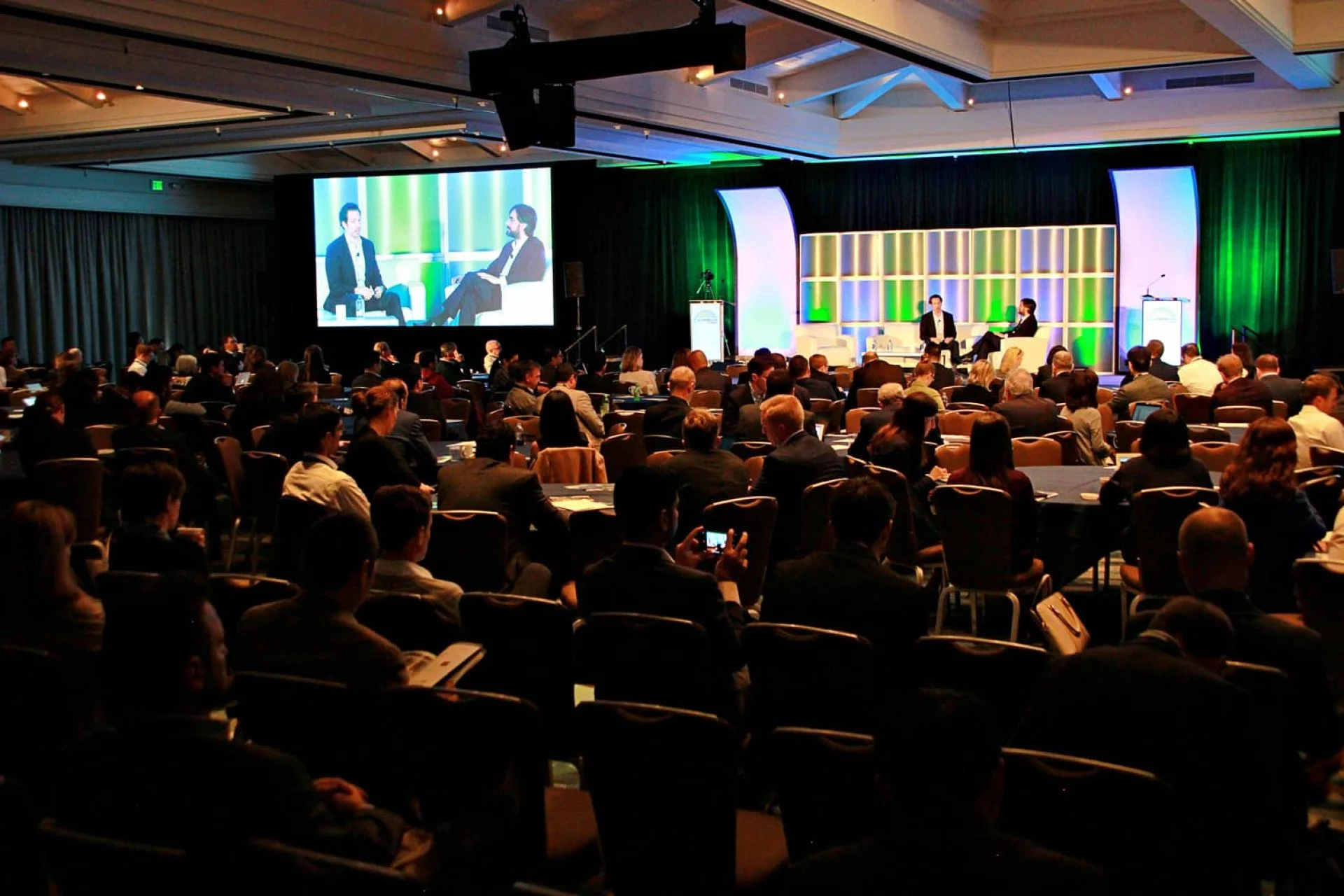Washington State: Pioneering the Future of AI
Artificial Intelligence (AI) is no longer the technology of the future—it is transforming industries and reshaping economies today. With its vibrant ecosystem of startups, established tech giants, and world-class research institutions, Washington State has emerged as a national leader in AI innovation. A recent report by Moonbeam, developed in partnership with the Washington Technology Industry Association (WTIA), provides a comprehensive analysis of the state’s AI landscape, highlighting its strengths, challenges, and potential.
Recap of the PNWER 2024 Annual Summit
Patti Brooke attended the Pacific Northwest Economic Region’s 2024 Annual Summit. Read her key takeaways from this gathering of 600+ regional business and government leaders.
The Emerging Quantum Economy
Quantum computing offers the potential to upend the paradigm of computing and the ‘Silicon Valley’ of quantum is being built today. A combination of federal funding, industry investment, and academic engagement is starting to establish globally competitive quantum innovation clusters. In this article, we walk through some of this activity and highlight where corporate innovators need to engage to be on the ground floor of “Quantum Valley.”
Charting a Sustainable Future
At the recent Wings Conference in Portland, Oregon, I had the privilege to speak about a vision that’s both a passion and a necessity for our future—innovating our way out of the climate crisis.
Venture Investing Has Become a Critical Strategy for Companies
Corporate venture capital has matured dramatically over the last decade. Moonbeam recently attended the Global Venture Capital Investing Summit 2024 in Monterey, CA. This blog shares our key take-aways from this event.
Positioning for Success in Economic Recovery
The time is ripe for corporations to invest in efficient collaboration with startups and innovation clusters. As we cautiously step away from the shadow of the pandemic, prolonged economic uncertainty, supply chain disruptions, and the surge in inflation and cost of money, there's a palpable sense of optimism. The horizon finally appears to be brightening, heralding more predictable economic tailwinds. This optimism, however, isn't merely a stroke of luck or the inevitable upswing of the economic cycle. It's grounded in a phenomenon that defied the adversities of the last four years: the relentless pace of innovation.
We Need Private Sector Innovation to Re-Open Tourism
So, Denmark just claimed victory against COVID-19. After 548 days, they are lifting all COVID restrictions. Whether this new freedom in Denmark will show a trend of things to come, though, is yet to be seen.
In the U.S. we are settling into a new new normal, where COVID rates remain high — at about 16X the rate where U.S. authorities would consider a similar declaration. But Americans have never been good at organized collective action based on top-down government mandates. Where Americans excel is innovation.
Moonbeam is please to work with PNWER and announce the launch of Congregate: A Solutions Accelerator to Increase Resilience in the Tourism, Performing Arts, Travel, and Hospitality (TPATH) Industries.
Remote Workers and the Rise of Main Street
How The Rise Of Telework Could Transform The Future of Rural Communities?
The success of certain north-western small and medium cities like Walla Walla and Bend are creating a model for sustainable small towns that has fertile ground across the region and the nation. The COVID-19 pandemic lit a fire under the telework movement- 77% of human resources executives expect the trend toward remote work to continue, even one year after COVID-19 substantially subsides. The sprouts of economic recovery before the large-scale reopening of the country has even begun demonstrates, in part, that productive remote work has found its footing: companies able to maintain a remote workforce have found overwhelmingly that productivity has been maintained or increased, coupled with the obvious massive savings in costs of facilities, travel, and centralized infrastructure.
Innovating our way out of a crisis.
As the roots of America were being established, Lisbon was one of the richest cities in the world. In 1755, an earthquake that caused a fire brought the Portuguese economy to a grinding halt. In that local crisis, Amsterdam and London displaced Lisbon’s trading empire. A crisis that closed down one city displaced a global empire. The COVID-19 pandemic has shaken the world economy to its core — bringing cities and national economies to a grinding halt. But like any large machine, the U.S. and global economies will need an orderly restart to get humming again. We will recover from this, but economic patterns have changed. Localities that identify these changes and innovate to address emergent challenges will be the ones that prosper. As we reopen the economy, what lessons will we learn, and how will we retool to make the Pacific Northwest economic region even more vibrant than it was?










